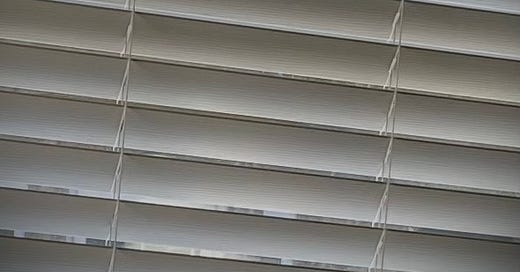There are days when the world outside feels like a kind of accusation. Not with menace, exactly, but with a persistent whisper: why aren’t you here? The sunlight crawls across the floorboards with an almost deliberate charm. People pass beneath the window, moving briskly or slowly, laughing or frowning or hunched against the wind, and something in their momentum feels like judgment. Not of my character, but of my absence.
I stay in. It is not an act of defiance. It is quieter than that, more ambiguous. I stay in because the thought of going out—of faces, of words, of the effort of presence—thickens in my throat like a fibrous clump. And yet, I don’t feel free. I feel the silt of guilt settle inside me. I feel it on the days when I cancel plans, when I reply vaguely, when I say, “Next week, I promise,” knowing I am lying even to myself. It’s not that I don’t want to see them. I just don’t know how to be with them, not right now. And that, too, becomes another weight to carry: the guilt of friendship deferred.
Loneliness isn’t always a result of isolation. Sometimes it is what grows in the space between the desire for solitude and the longing for connection. It is there, in the little theatre of the flat, that loneliness becomes a kind of haunting—not a shrieking ghost, but something quieter. A shifting of air. A sense that someone has just left the room, though no one has been.
What is strange is how much of this is chosen. Not with joy, but with a sort of reluctant consent. There are people who say: “You’ll feel better if you just go out. Just take a walk. Just call someone.” These suggestions are kind, and sometimes they are right. But sometimes they feel like an insistence that the solution to a particular sadness must be external. Must be visible. Must be active. Sometimes loneliness is not a lack of people but a lack of access—to one’s own capacity to be with.
Virginia Woolf wrote, “A woman must have money and a room of her own.” But even a room of one’s own can begin to press its thumbs against your temples when it becomes a place of too much inwardness. I sit in mine and think of others in theirs. I imagine them also not going out, also scrolling and flinching and telling themselves that tomorrow they will try. I wonder what would happen if we acknowledged this form of social absence—not as failure, not as pathology, but as a kind of quiet refusal.
The guilt, though. It is shaped like a voice. It says: you are wasting time. You are disappointing people. You are not becoming the person you were meant to be. It is easy to hate this voice, but I have come to think of it as a sort of half-useful, half-cruel inner witness. It wants me to join the world again. It forgets that I am trying.
There is a tenderness in staying in, if one can find it. It comes in flashes: the way lamplight falls against a wall. The sound of distant laughter on a street you’re not walking. The feel of your own pulse in a wrist you are not using to shake hands. There are lives that pass almost entirely in these interiors. That doesn’t make them less real.
To not go out is to miss something. But to go out when you are not ready can feel like a kind of self-betrayal. What I want is a world that makes room for both: the ones on the dance floor and the ones at the window. A world that recognises the courage it takes to be seen, and also the courage it takes to admit you are not ready yet.
Tomorrow, maybe, I’ll go. But for now, I’m here. The kettle’s boiling. The light is soft. And I am not lost, only paused.





"Tomorrow, maybe, I’ll go. But for now, I’m here. The kettle’s boiling. The light is soft. And I am not lost, only paused." Yes!
Oh. This brought tears to my eyes.